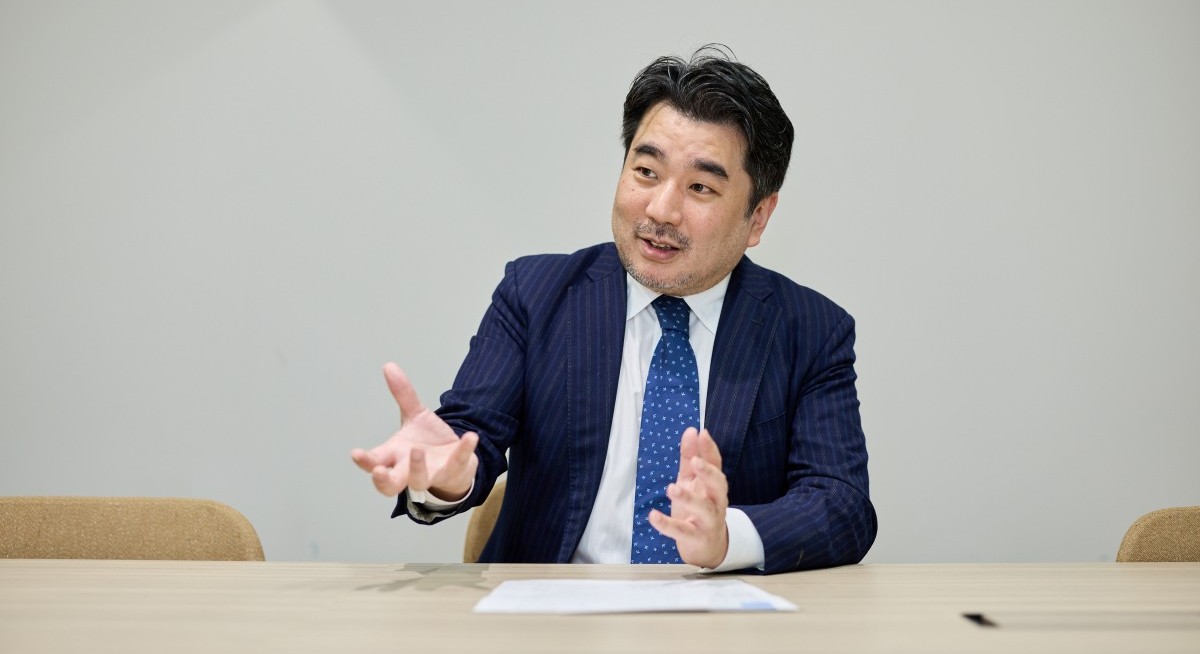“I don’t think there’s a single regional bank president who isn’t thinking about consolidation,” said Toyoki Sameshima, an analyst at SBI Securities Co in Tokyo. “It is getting harder to attract deposits and I think that’s one of the changes that would prompt banks to consider consolidation.”
It wouldn’t be the first time for investors to speculate on whether Japan’s slow-to-change provincial and rural lenders will agree to restructuring that may also result in their firms being taken over.
But this time around, things look different: after decades of super-easy monetary policy, the Bank of Japan (BOJ) is raising interest rates, even as an aging and shrinking population is limiting demand for deposits and loans. That suggests that for local lenders, keeping the status quo may not be the right answer.
They also face pressure as surging bond yields widen their paper losses on debt holdings, while steep price tags for technology investments loom as well. Meanwhile, some activist funds are searching for targets, and regulators are supportive of more dealmaking.
See also: Paramount offers to pay US$2.8 bil breakup fee in Warner deal
Regional banks hold more than JPY500 trillion (US$3 trillion) of total assets, and their ranks include big firms like Yokohama Financial Group Inc and Fukuoka Financial Group Inc, both with total assets of over JPY20 trillion, Bloomberg-compiled data showed.
Banks need scale, and that JPY20 trillion figure is the “threshold for survival” for regional lenders, said Katsunori Tanaka, the chief investment officer of Japanese hedge fund Ariake Capital, which has been snapping up stakes in these banks.
“I don’t believe that consolidation is inevitable,” said Tanaka, a former Goldman Sachs Group Inc. analyst. “But from the standpoint of enhancing corporate value, it is certainly one of the most viable options.” He will consider raising stakes in banks and investing in other regional lenders, while declining to comment on specifics.
See also: A years-long push to unite Glencore and Rio fell apart in a day
Deals are already underway.
Daishi Hokuetsu Financial Group Inc and Gunma Bank Ltd, both based north of Tokyo, said in April that they plan to integrate their businesses. Meanwhile, in the home prefecture of Tokyo Disneyland, Chiba Bank Ltd and rival Chiba Kogyo Bank Ltd said in September they plan to set up a holding company as a parent of the two firms. Ariake Capital had sold a 20% stake in Chiba Kogyo to Chiba Bank earlier this year.
One big headache for regional banks is unrealised losses on yen notes. Total paper losses on regional banks’ yen bond holdings stood at about JPY3.3 trillion at the end of September, 2.6 times bigger than the level at the end of March 2024 when the BOJ ended its stimulus policy, according to Japan Asset Management Platform Co.
Such paper losses don’t immediately threaten the financial health of banks. But profitable lenders have been able to sell these bonds at a loss and invest in higher-yielding notes, while those that aren’t able to do so remain stuck holding low-return assets.
Even after a rally in recent years, many regional bank stocks remain cheap, with their price-to-book ratios far below one, compared with the 1.19 average of the nation’s three biggest lenders including Mitsubishi UFJ Financial Group Inc, according to Bloomberg-compiled data.
Against this backdrop, firms like Ariake Capital have been targeting the sector.
The fund has said it holds stakes in more than 10 companies but declined to reveal specific names. Regulatory filings show they include Osaka-based Senshu Ikeda Holdings Inc and nearby Shiga Bank Ltd. Sameshima of SBI Securities said Ariake Capital’s investments in the two banks “could become a trigger for further consolidation”.
To stay ahead of Singapore and the region’s corporate and economic trends, click here for Latest Section
In October, Ariake disclosed a 5.06% stake in Aichi Financial Group Inc, based in Nagoya in the home prefecture of Toyota Motor Corp, where speculation of bank consolidation has been brewing for years. Aichi Financial itself was created in 2022 by the merger of two rivals.
An official at the Financial Services Agency (FSA) said the regulator is watching Ariake’s moves closely and regional bank executives should engage in constructive dialogue with such investors.
The FSA is working on a policy package to increase regional banks’ ability to help revive local economies. It has been stressing that lenders need to boost their financial soundness by keeping up with anti-money laundering, cybersecurity and other compliance measures. These put a heavy spending burden on banks regardless of their size.
Nana Otsuki, a senior fellow at Pictet Asset Management Japan Ltd, expects regional bank consolidation to pick up speed, partly because of the additional resources needed. “Scale is critical for banks to be able to make necessary investments,” she said.
Uploaded by Isabelle Francis




